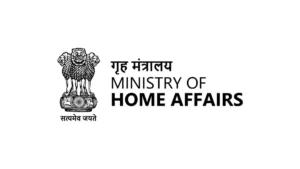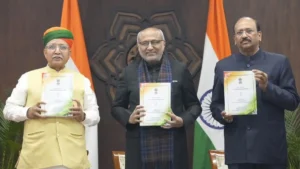India and Mauritius recently signed an amendment to their Double Taxation Avoidance Agreement (DTAA) on March 7, 2024. The amendment includes a principal purpose test (PPT) aimed at combating tax avoidance by ensuring that treaty benefits are granted only for transactions with a genuine purpose. This move raises concerns about increased scrutiny on foreign portfolio investments via Mauritius and potential implications for past investments.
Delay in Ratification and Notification
The Income Tax Department has announced that the amended protocol is yet to be ratified and notified under section 90 of the Income-tax Act, 1961. This means that any concerns or queries regarding the amended agreement are premature at this stage. The department assures that once the protocol comes into force, any queries will be addressed as necessary.
Implications of PPT Introduction
With the introduction of the PPT test in the India-Mauritius tax treaty, Indian tax authorities are expected to scrutinize investments beyond the Tax Residency Certificate (TRC) issued by Mauritius tax authorities. They will now have the authority to deny treaty benefits if it’s reasonable to conclude that obtaining these benefits was one of the principal purposes of any arrangement or transaction resulting in such tax benefits. This will require existing structures and investments from Mauritius to pass the PPT test, potentially impacting their tax treatment in India.
Market Reaction
Following the announcement, India’s benchmark equity indices, Sensex and Nifty, experienced a 1% decline due to widespread profit-taking by investors. The BSE Sensex dropped by 793.25 points to settle at 74,244.90, with 27 of its components ending in the red. This reaction reflects investor concerns about the potential impact of the amended DTAA on investment strategies and market dynamics.




 Big Change at Rashtrapati Bhavan! Lutyen...
Big Change at Rashtrapati Bhavan! Lutyen...
 India Launches ‘Prahaar’: New National C...
India Launches ‘Prahaar’: New National C...
 Vice-President Launches Tamil & Guja...
Vice-President Launches Tamil & Guja...








